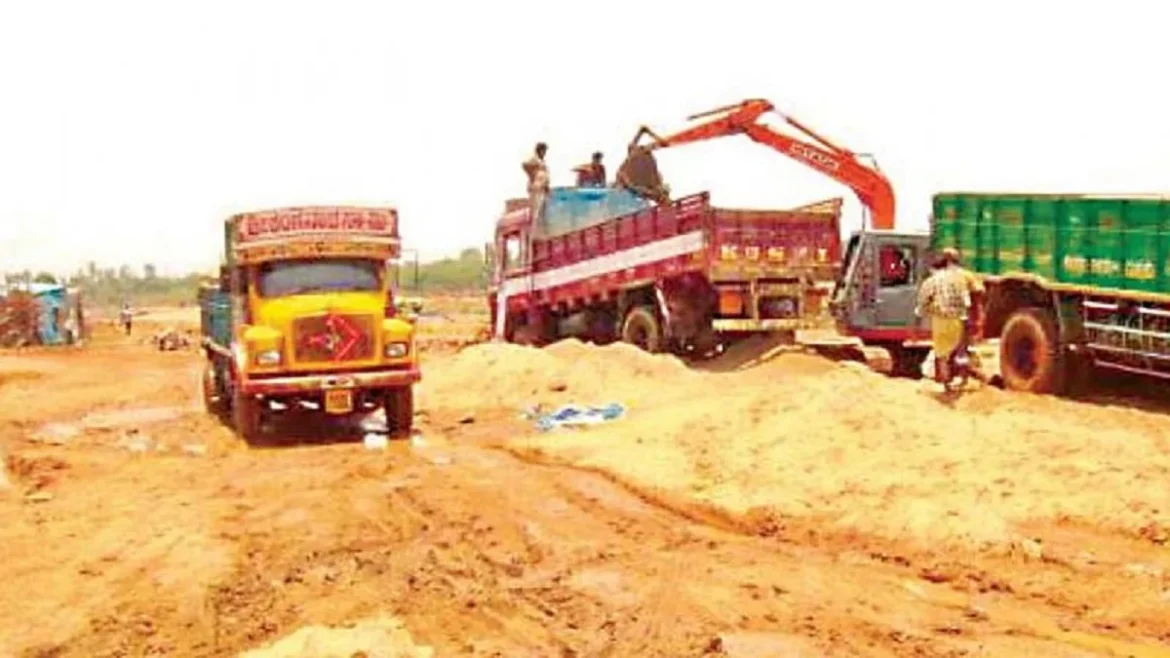Chandigarh, October 15 — In a major policy move, the Punjab government has decided to impose an entry fee on all trucks bringing sand, gravel and other minor minerals into the state from neighbouring regions. The decision, approved by the state cabinet this week, marks a key amendment to the Punjab Minor Mineral Rules, 2013, and is aimed at tightening checks on cross-border mineral movement and plugging revenue losses.
Officials said that under the new Inter-State Mining Truck Entry Fee Policy, vehicles entering from Himachal Pradesh, Rajasthan and Jammu & Kashmir will now have to pay a mandatory fee at border checkposts. The revenue generated will be used to operate and modernise these posts with advanced systems like Automatic Number Plate Recognition (ANPR) cameras, QR-code passes and real-time digital monitoring.
Chief Minister Bhagwant Mann said the step was part of his government’s broader effort to bring transparency and accountability into the mining sector. “For years, illegal mining and unchecked movement of minerals from other states have drained Punjab’s resources and hurt local miners. This policy will ensure fair competition and strengthen our economy,” he said.
Officials added that each truck will receive a digital payment receipt to ensure that no irregularities or manual handling occur. “It’s a tech-driven approach to stop leakage and corruption,” an industry department officer said.
The government maintained that the decision will not only help protect the state’s mineral wealth but also serve environmental and developmental goals. The revenue collected through the new fee will go toward improving roads, developing rural infrastructure, and supporting ecological restoration in mining-affected areas.
Calling the decision “a turning point in resource governance,” a senior official said the move would “end the era of unchecked mineral inflow and misuse of state borders.”
With this reform, Punjab joins a handful of states using technology-based systems to regulate mineral transport, signalling what officials describe as “the start of a new, transparent chapter” in the state’s mining administration.

